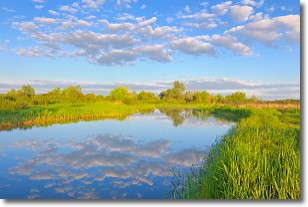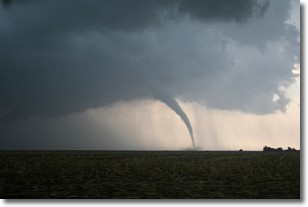Weather Alert in Idaho
Red Flag Warning issued August 15 at 3:52AM MDT until August 15 at 9:00PM MDT by NWS Pocatello ID
AREAS AFFECTED: Caribou Range/Caribou NF; Goose Creek and Raft River Valley/Southern Sawtooth NF/Twin Falls BLM south of the Snake River
DESCRIPTION: ...RED FLAG WARNING REMAINS IN EFFECT FROM NOON TO 9 PM MDT TODAY FOR SCATTERED THUNDERSTORMS FOR FIRE WEATHER ZONES 413 AND 427... * AFFECTED AREA...Fire Weather Zone 413 Caribou Range/Caribou NF and Fire Weather Zone 427 Goose Creek and Raft River Valley/Southern Sawtooth NF/Twin Falls BLM south of the Snake River. * THUNDERSTORMS...25 to 45 percent coverage. * OUTFLOW WINDS...A dry low level environment will promote stronger storms capable of producing wind gusts up to 55 to 60 mph with isolated stronger gusts to 65 mph. * IMPACTS...Critical fire weather conditions are expected Friday afternoon and evening. Lightning may generate new fire starts. Any new fire starts or existing fires may spread rapidly.
INSTRUCTION: A Red Flag Warning means that critical fire weather conditions are either occurring now, or will shortly based on these criteria for Southeastern Idaho: - Relative humidity at or below 15 percent and wind gusts of at least 25 mph in the mountains, or 30 mph in the Snake Plain. - Thunderstorm coverage of 25 percent, without specific rainfall criteria. - Other high impact events deemed critical by the National Weather Service and area fire management agencies.
Want more detail? Get the Complete 7 Day and Night Detailed Forecast!
Current U.S. National Radar--Current
The Current National Weather Radar is shown below with a UTC Time (subtract 5 hours from UTC to get Eastern Time).

National Weather Forecast--Current
The Current National Weather Forecast and National Weather Map are shown below.

National Weather Forecast for Tomorrow
Tomorrow National Weather Forecast and Tomorrow National Weather Map are show below.

North America Water Vapor (Moisture)
This map shows recent moisture content over North America. Bright and colored areas show high moisture (ie, clouds); brown indicates very little moisture present; black indicates no moisture.

Weather Topic: What are Stratocumulus Clouds?
Home - Education - Cloud Types - Stratocumulus Clouds
 Next Topic: Stratus Clouds
Next Topic: Stratus Clouds
Stratocumulus clouds are similar to altocumulus clouds in their
fluffy appearance, but have a slightly darker shade due to their additional mass.
A good way to distinguish the two cloud types is to hold your hand out and measure
the size of an individual cloud; if it is the size of your thumb it is generally
an altocumulus cloud, if it is the size of your hand it is generally a
stratocumulus cloud.
It is uncommon for stratocumulus clouds to produce precipitation, but if they do
it is usually a light rain or snow.
Next Topic: Stratus Clouds
Weather Topic: What are Wall Clouds?
Home - Education - Cloud Types - Wall Clouds
 Next Topic: Altocumulus Clouds
Next Topic: Altocumulus Clouds
A wall cloud forms underneath the base of a cumulonimbus cloud,
and can be a hotbed for deadly tornadoes.
Wall clouds are formed by air flowing into the cumulonimbus clouds, which can
result in the wall cloud descending from the base of the cumulonimbus cloud, or
rising fractus clouds which join to the base of the storm cloud as the wall cloud
takes shape.
Wall clouds can be very large, and in the Northern Hemisphere they generally
form at the southern edge of cumulonimbus clouds.
Next Topic: Altocumulus Clouds
Current conditions powered by WeatherAPI.com




